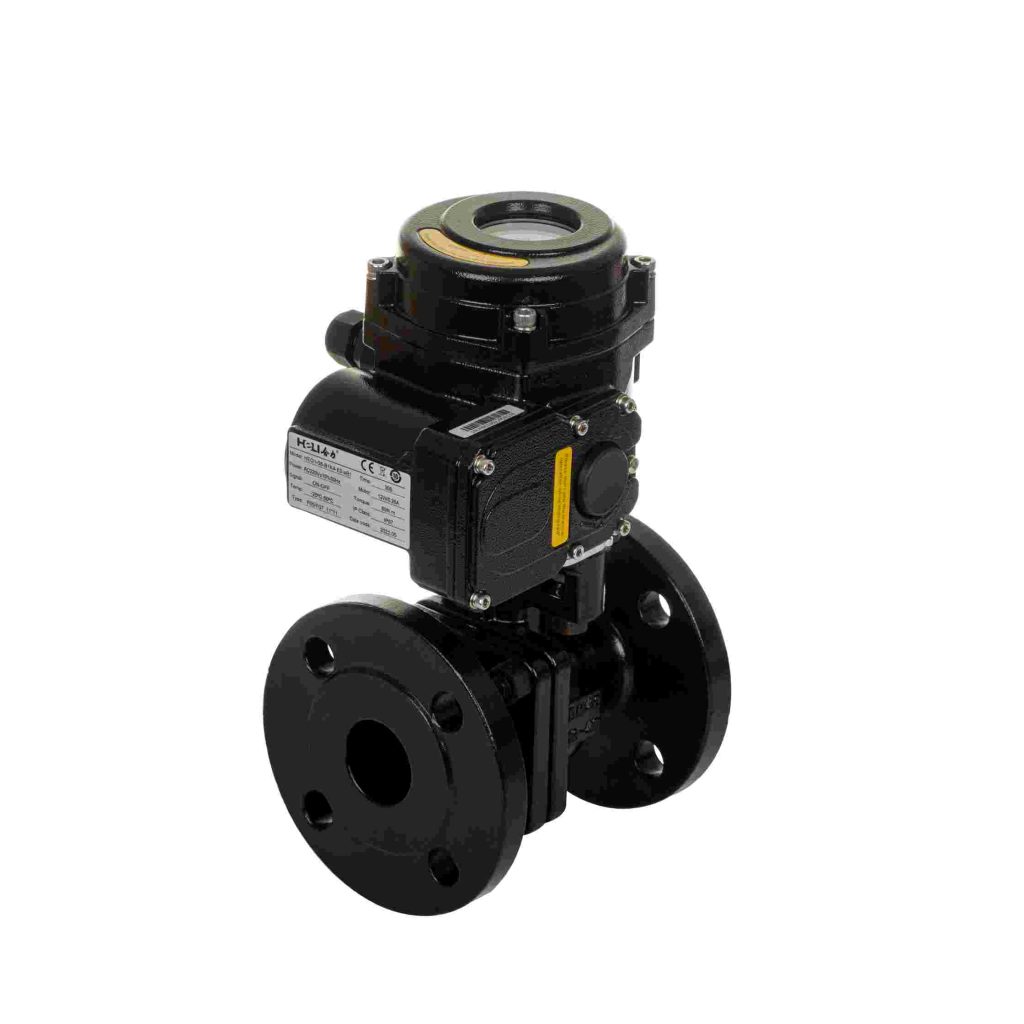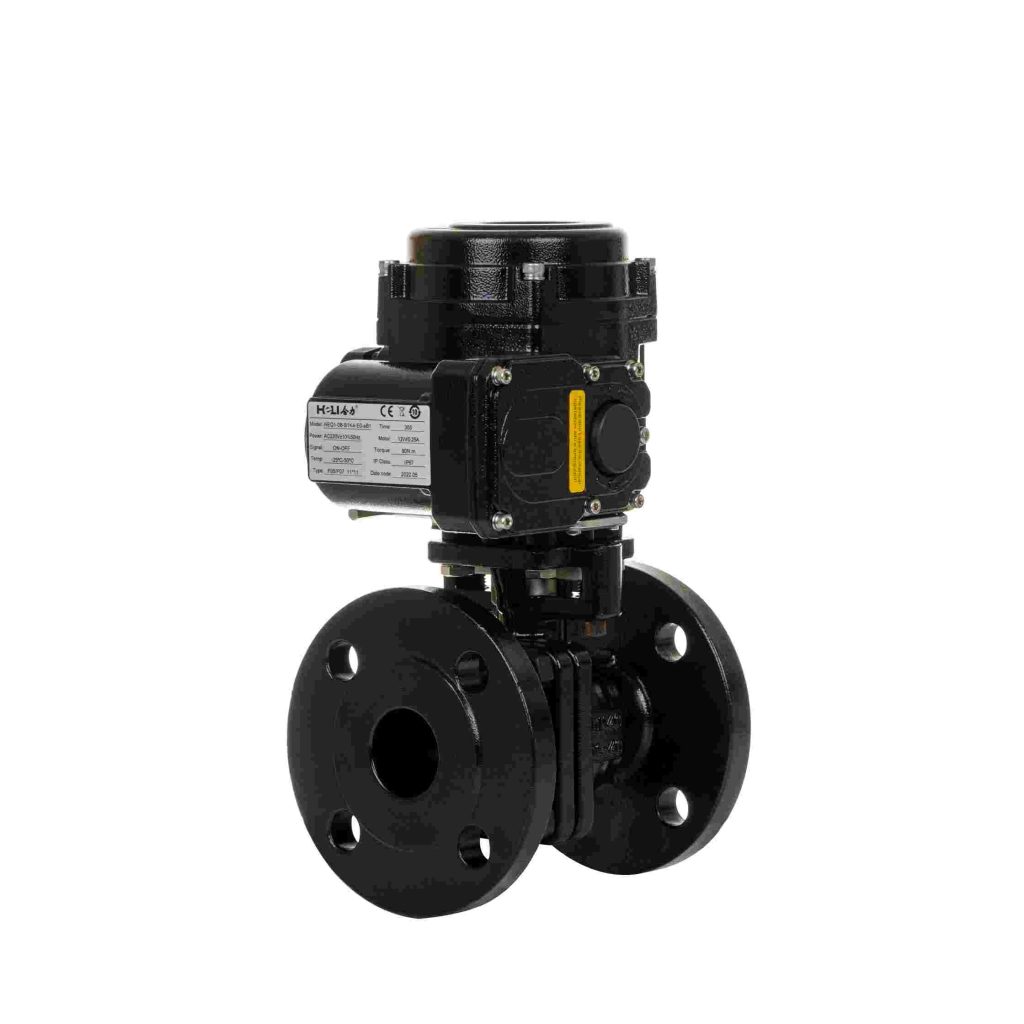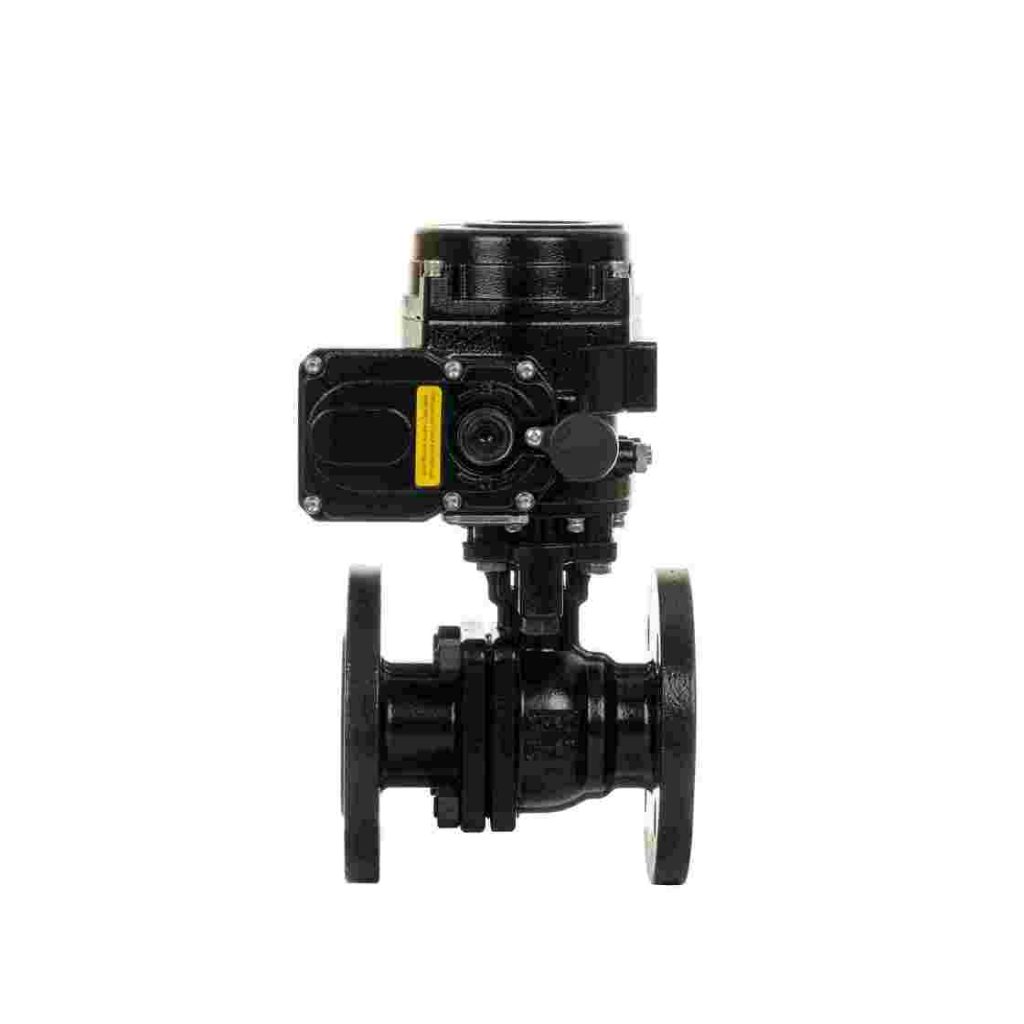In recent years, the integration of lithium batteries and electric valves has seen a surge in various industries, revolutionizing processes with increased efficiency, reliability, and sustainability. Lithium battery-powered electric valves, in particular, are gaining prominence due to their versatility, energy efficiency, and ability to work in remote or challenging environments. This article will explore the significance, working principles, and applications of lithium battery electric valves, as well as their advantages over traditional valve systems.

Understanding Lithium Battery Electric Valves

Lithium battery electric valves are advanced control devices that combine the power of lithium batteries with the functionality of electric valve actuators. These valves are used in systems that require automated control of fluid or gas flow, such as water supply systems, HVAC systems, and industrial automation. At the heart of these valves is an electric actuator powered by lithium batteries. The actuator opens or closes the valve based on electrical signals, controlling the flow of liquids or gases. The use of lithium batteries to power the actuator offers several advantages over conventional power sources, such as direct AC or DC electrical connections. Lithium batteries are lightweight, have a high energy density, and provide a longer service life compared to traditional battery technologies, which makes them ideal for powering remote or off-grid systems.

Leave a Reply